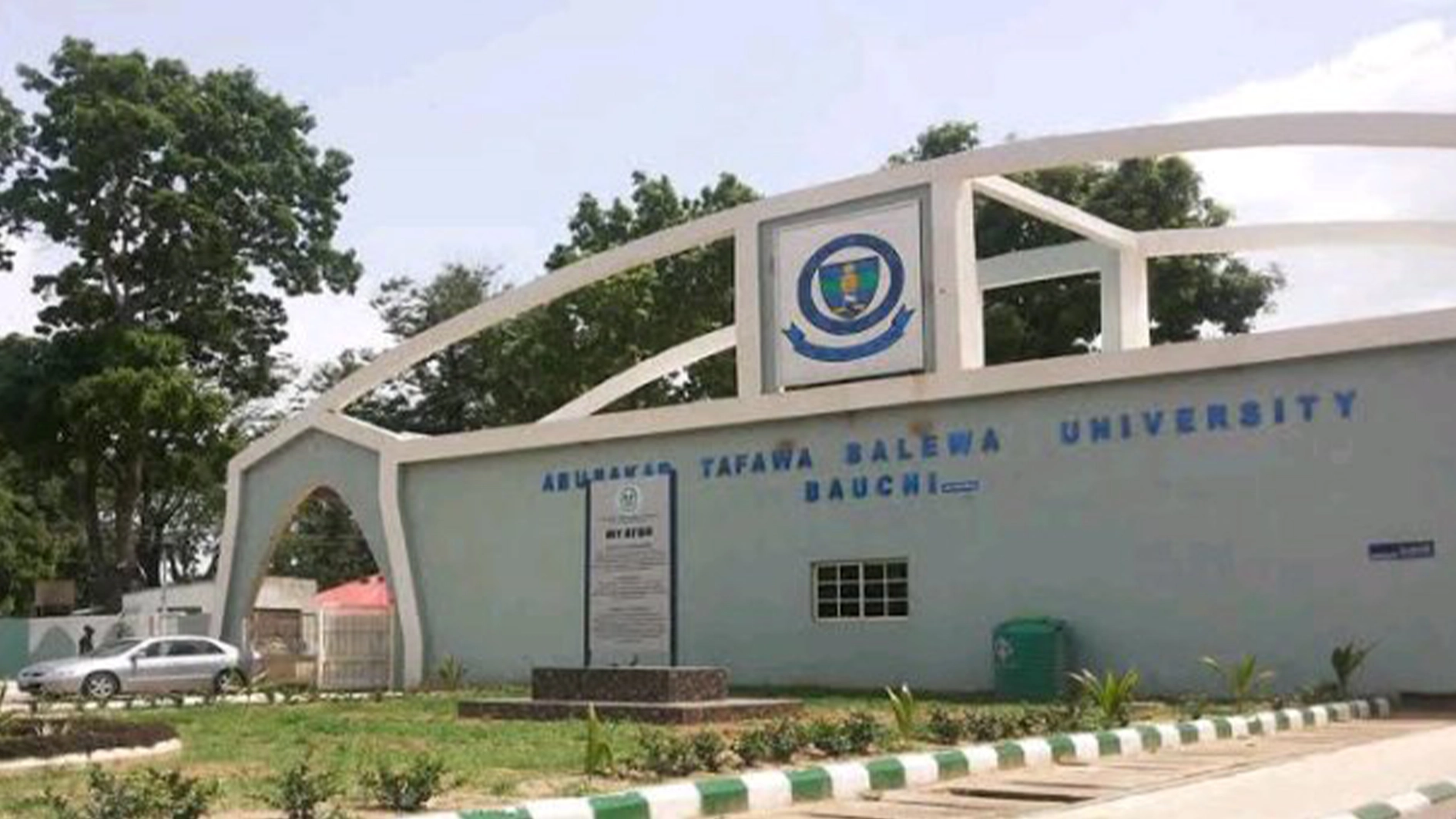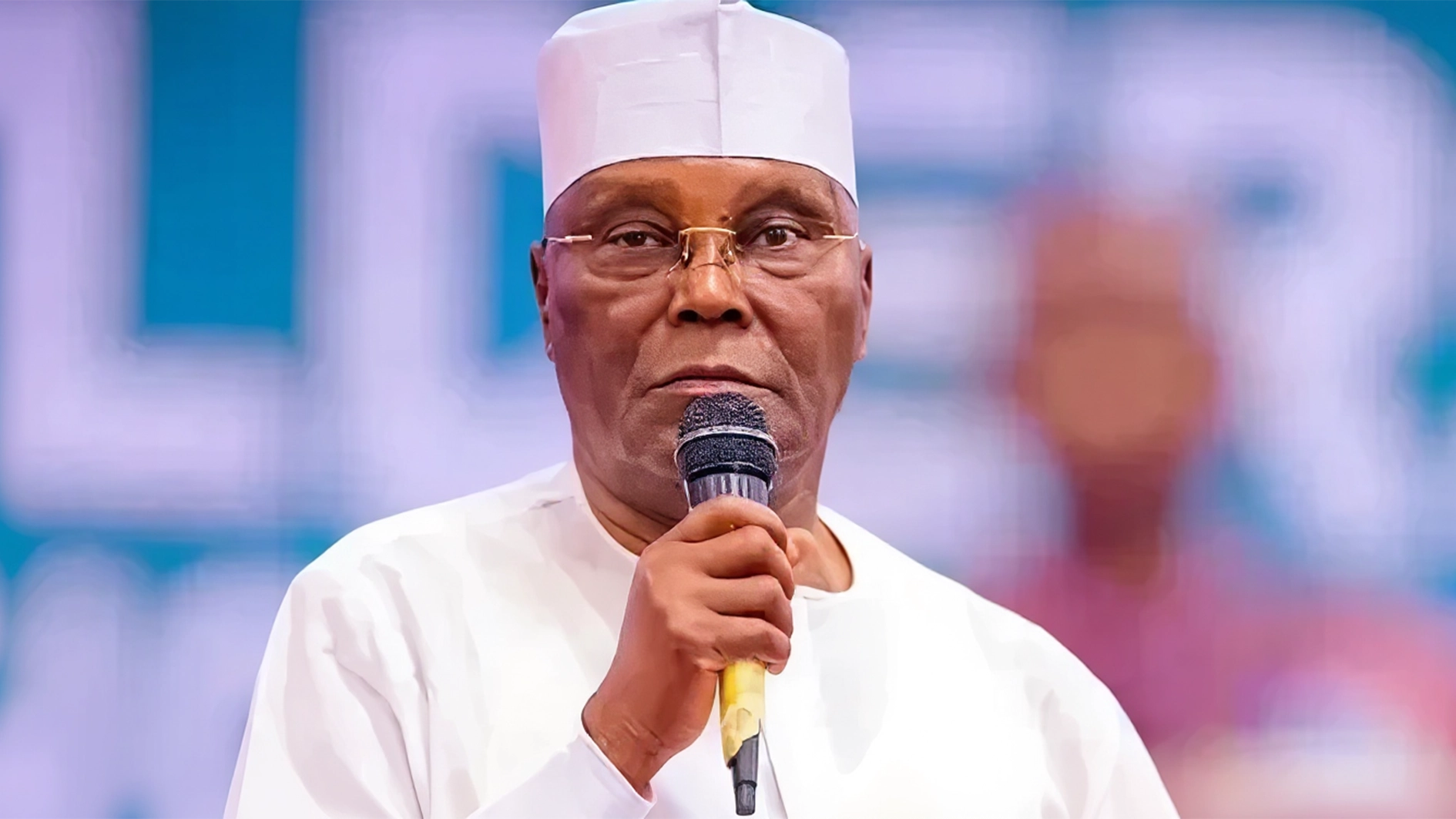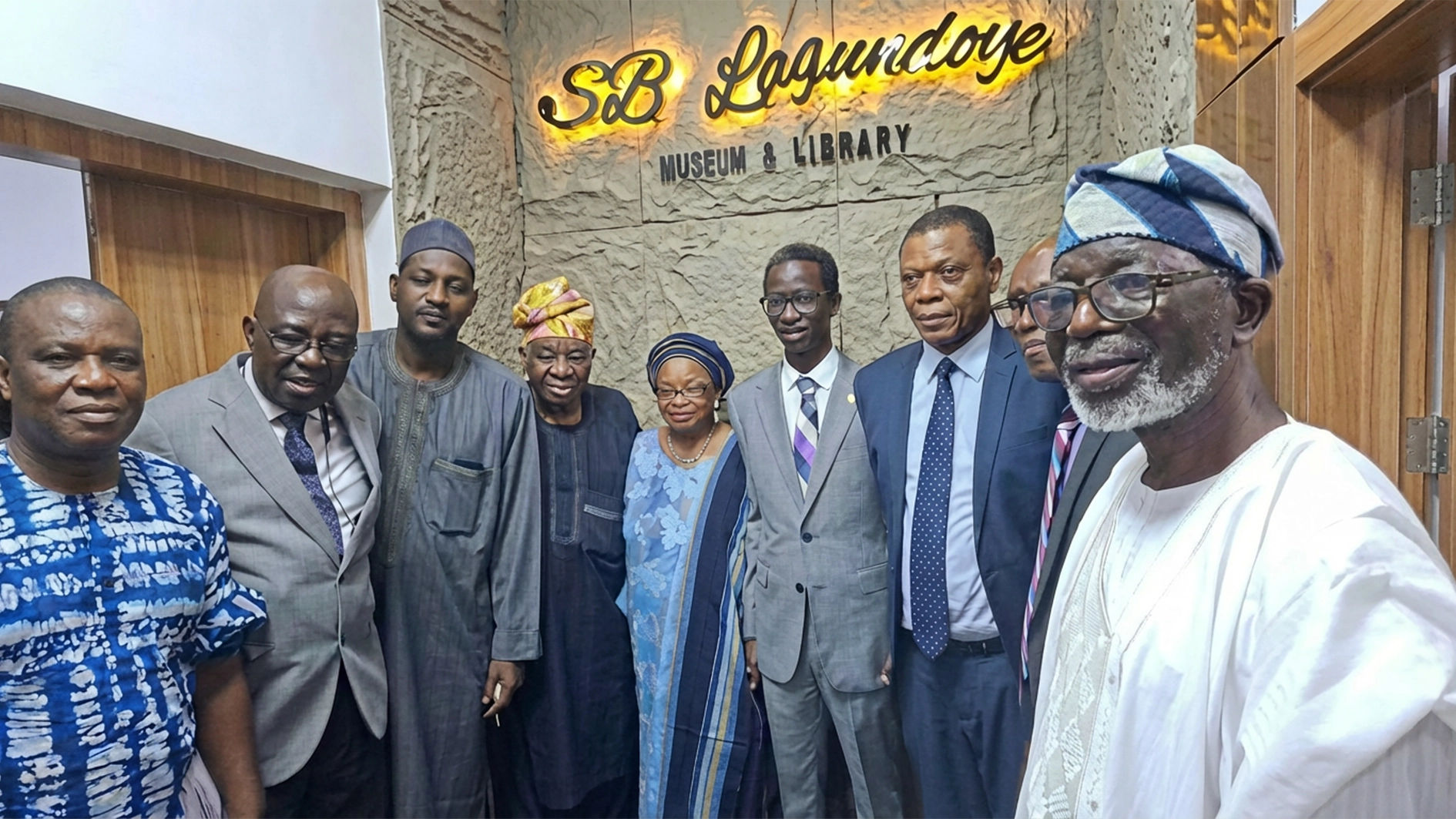The Government of South Korea has concluded the first phase of its Education Project in Nigeria, benefiting six states with modern digital learning infrastructure, teacher training, and locally developed educational content.
Implemented by the Korea International Cooperation Agency (KOICA) in partnership with the Universal Basic Education Commission (UBEC), the project targeted schools in Kano, Bauchi, Nasarawa, Ekiti, Cross River, and the Federal Capital Territory.
Speaking at the closing ceremony in Abuja on Monday, Executive Secretary of the Universal Basic Education Commission (UBEC), Aisha Garba, said the event marked not just the end of a project but the celebration of a transformational journey that had redefined basic education in Nigeria through technology, innovative teaching, and inclusive learning.
She recalled that when the initiative began in 2021, Nigeria faced daunting realities of over 10.1 million out-of-school children, 70 per cent of enrolled pupils lacking foundational skills, and more than 60 per cent of public primary school teachers without basic digital literacy.
She said these statistics were seen not just as challenges but as opportunities to bridge the digital divide and empower teachers and schools to drive lasting change.
She explained that in collaboration with KOICA and strategic partners, UBEC had achieved significant milestones, including the development of Nigeria’s first Smart Education Master Plan, training of over 300 teachers and school leaders, establishment of six world-class content development studios, and creation of nearly 4,000 digital learning resources in Mathematics and Science.
Garba added that KOICA’s direct intervention in six model smart schools had indirectly impacted more than 8,000 learners across 21 states.
Speaking, Minister of Budget and Economic Planning, Senator Abubakar Atiku Bagudu, noted that the relationship between Nigeria and the Republic of Korea has been respectful, mutually supportive, and committed to development despite global uncertainties.
“We share the vision that nations should relate respectfully, in a mutually supportive manner, with the understanding that humanity is one and shared prosperity is possible,” he said.
Bagudu expressed appreciation to KOICA for not only executing the Smart Education Project but also for numerous other interventions in Nigeria.
Noting that KOICA’s development support extended beyond the Federal Capital Territory, benefiting other states across the country, he said this aligns with Nigeria’s federal structure, where education is a shared responsibility between the federal, state, and local governments.
The minister, who expressed optimism that the project could serve as a proof of concept for scaling technology-based learning in more schools nationwide, urged education managers to study the project’s success and explore cost-effective ways to replicate it at the local and state levels.
Country Director of the Korea International Co-operation Agency (KOICA), Eunsub Kim, said the project uses a blended learning approach, shifting classrooms from teacher-centred to student-centred learning.
Represented by the agency’s Manager, David Nkwa, he noted that while the national curriculum remains the same, teaching methods and delivery are reimagined to boost learner engagement and outcomes.
He said: “We’re able to see that students from the smart schools have performed better, especially in mathematics and science subjects, than students from other schools. So basically, this project was made to bring about improvements in learning outcomes in the school, and that’s what has happened so far.”
On his part, Project Manager of the Project Management Consulting (PMC) company, UBION Consortium, Professor Dae Joon Hwang, emphasised the importance of sustainability, calling for greater parental and community involvement.
He assured that the second phase, expected to expand the model to 37 smart schools nationwide, will begin soon.
Project Coordinator for the Project Management Consortium (PMC), Oluwatosin Odedele, said the initiative, launched in 2021, was designed to digitally transform basic education, covering pupils from Early Childhood Care and Development Education (ECCDE) to Junior Secondary School.
Odedele explained that each pilot school received a state-of-the-art content development studio (CDS) where trained teachers produce indigenous digital educational content, including animated basic science and mathematics content, uploaded to a learning management system for classroom use.
He said: “Besides the infrastructure that has been provided, there’s also the component of capacity building whereby we invited teachers to go to Korea. One, to understand what smart schools look like in Korea, and then to also get to be trained in digital content creation and then we also had a local training that happened in Nigeria.
“Instead of solely relying on chalkboards, pupils can now learn with interactive, engaging materials. Comparative assessments show that students from smart schools outperform those from conventional public schools in mathematics and basic science.”






